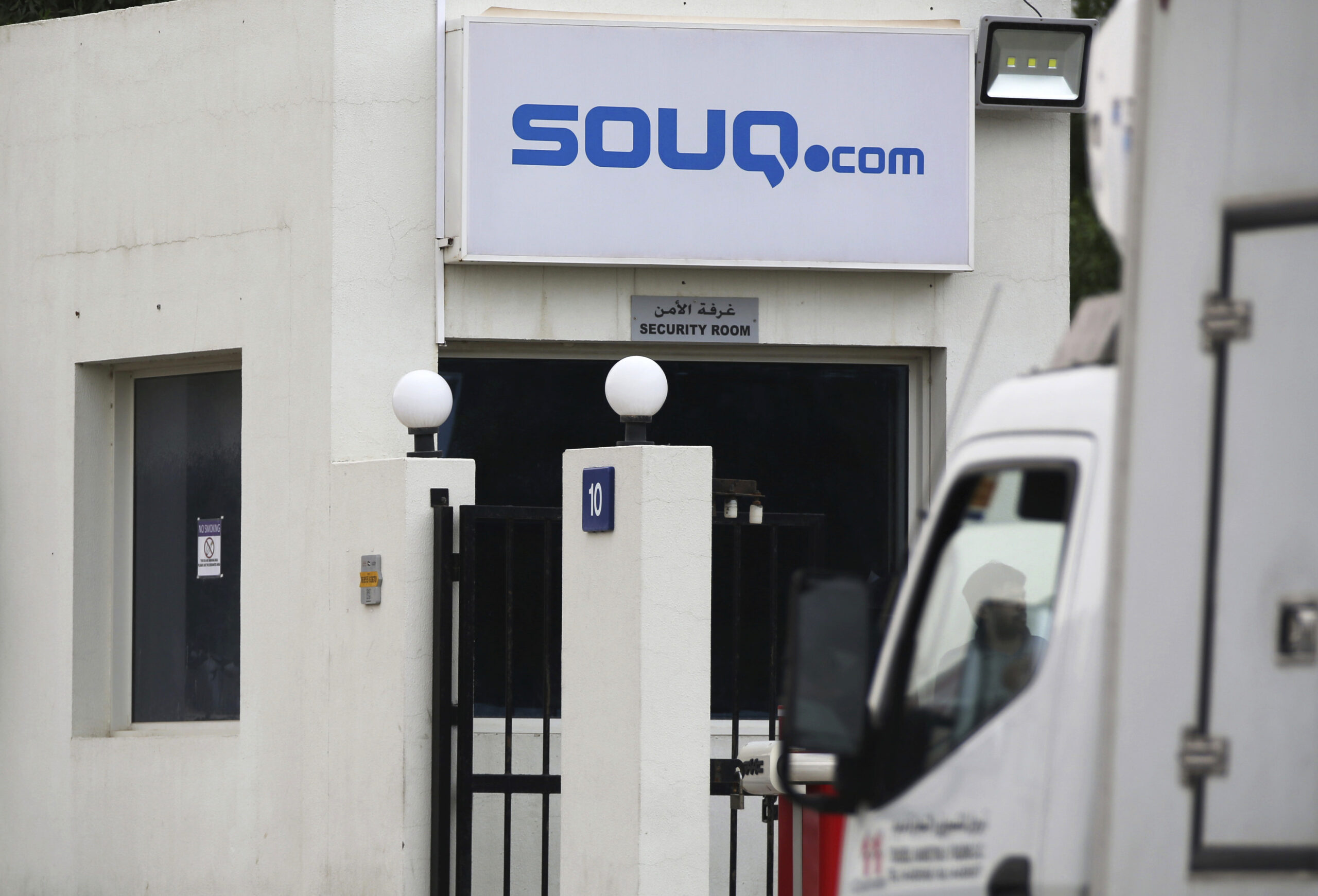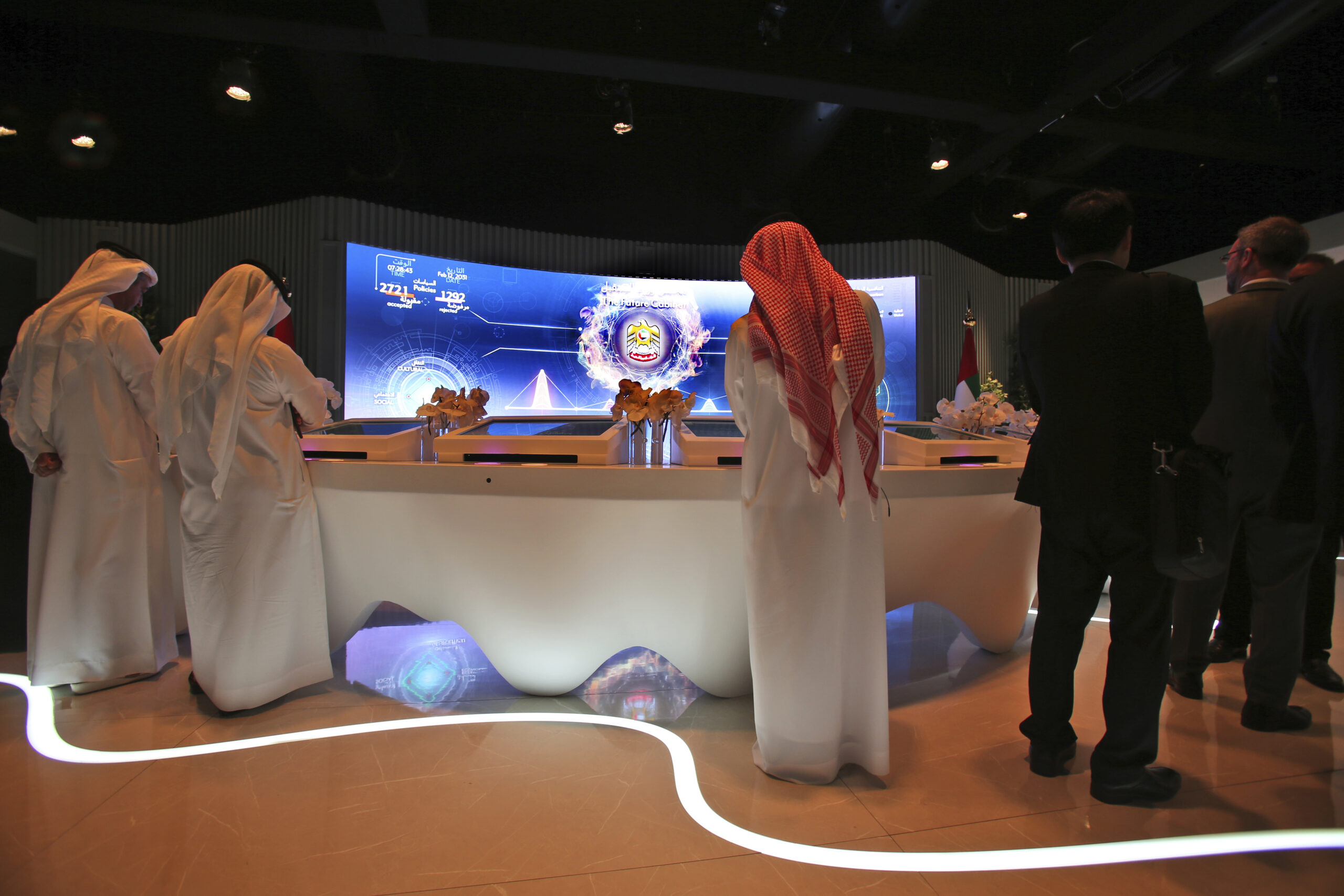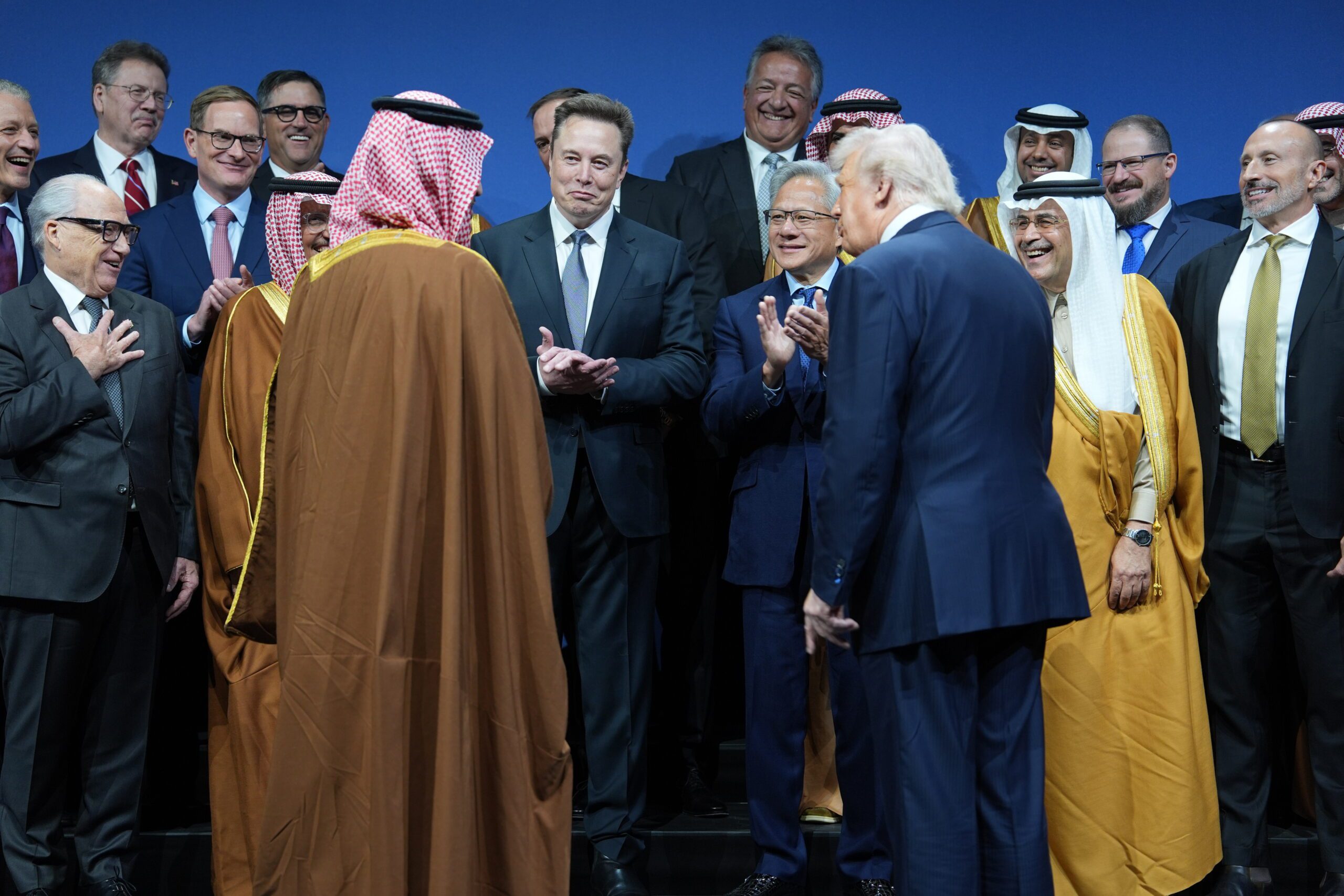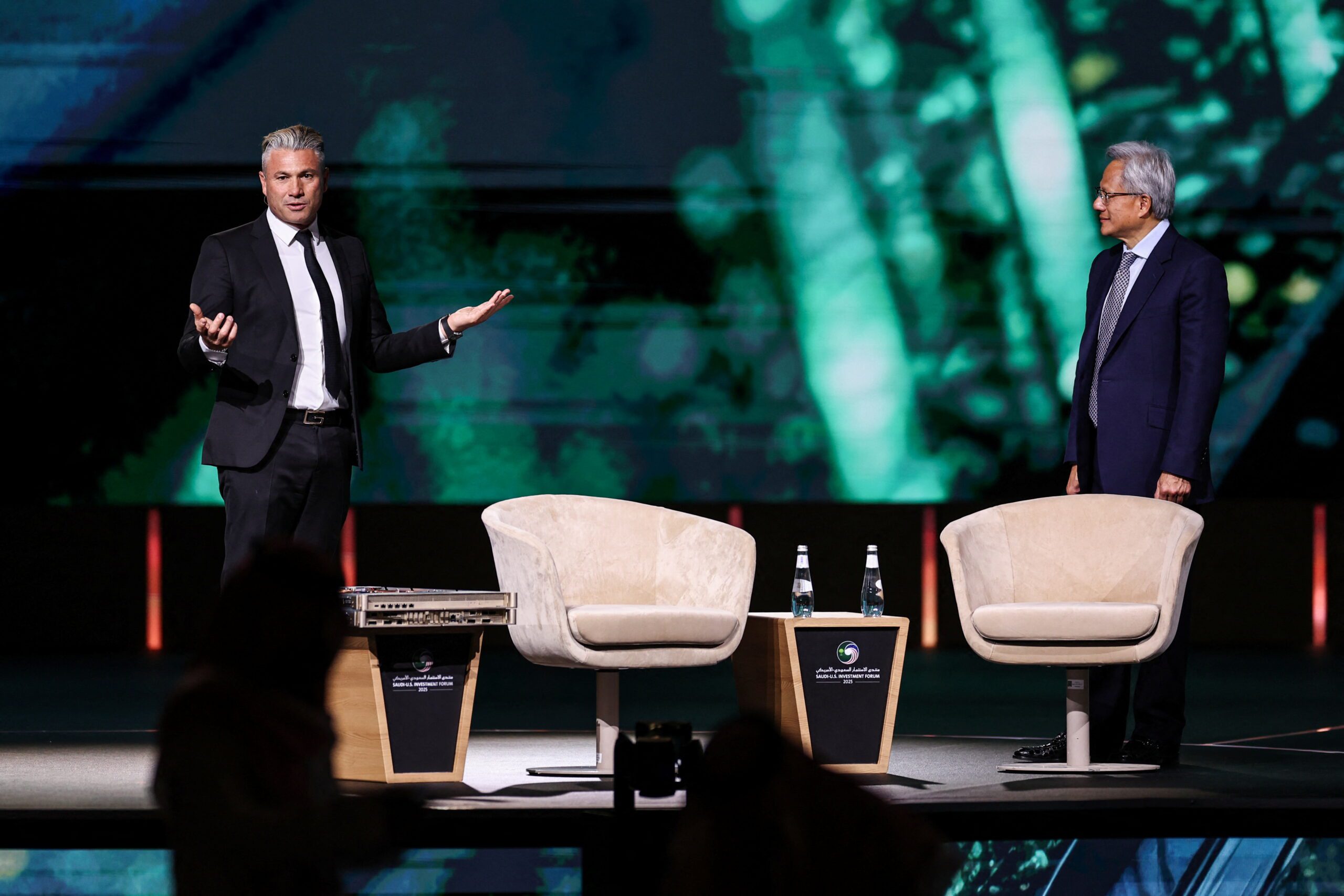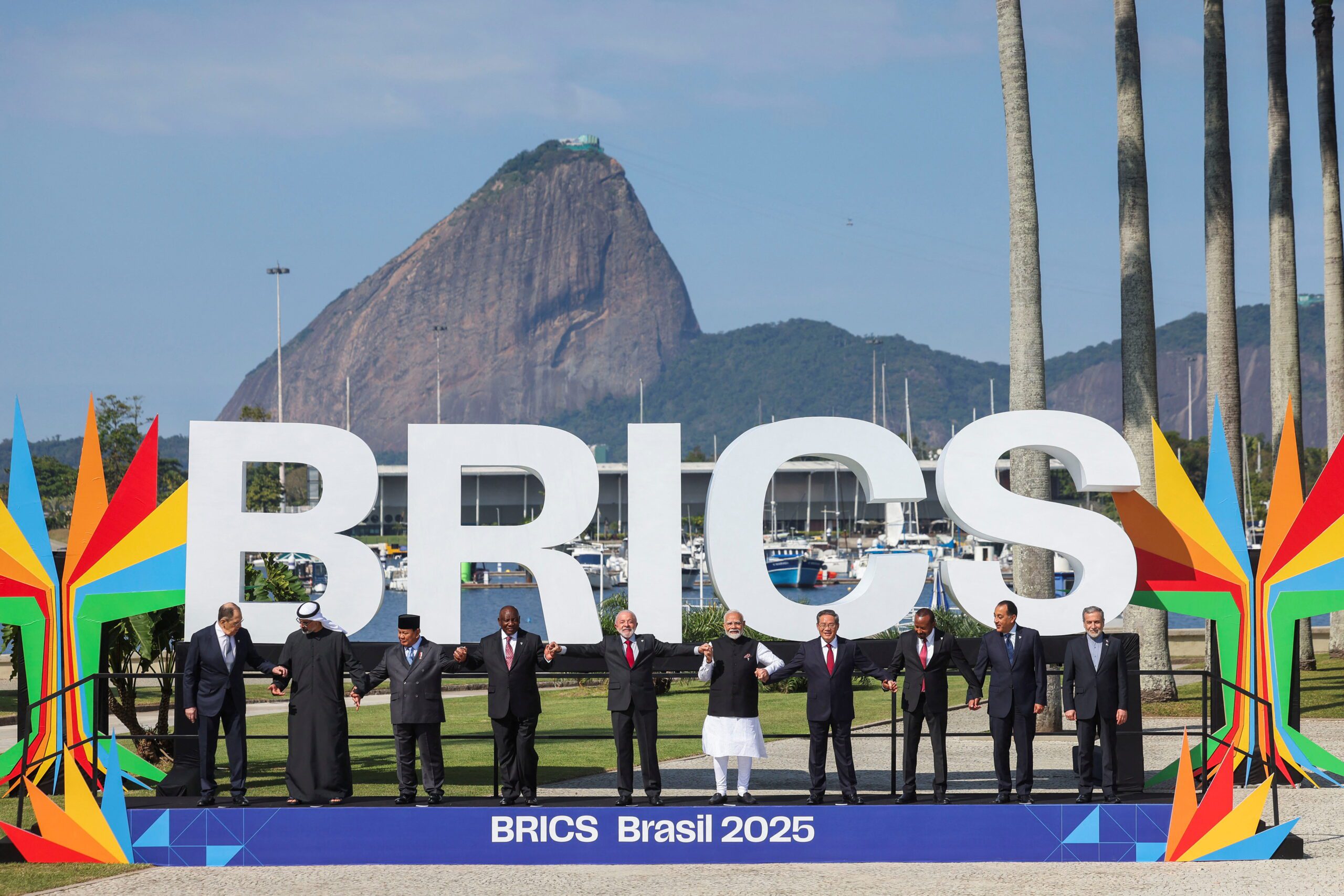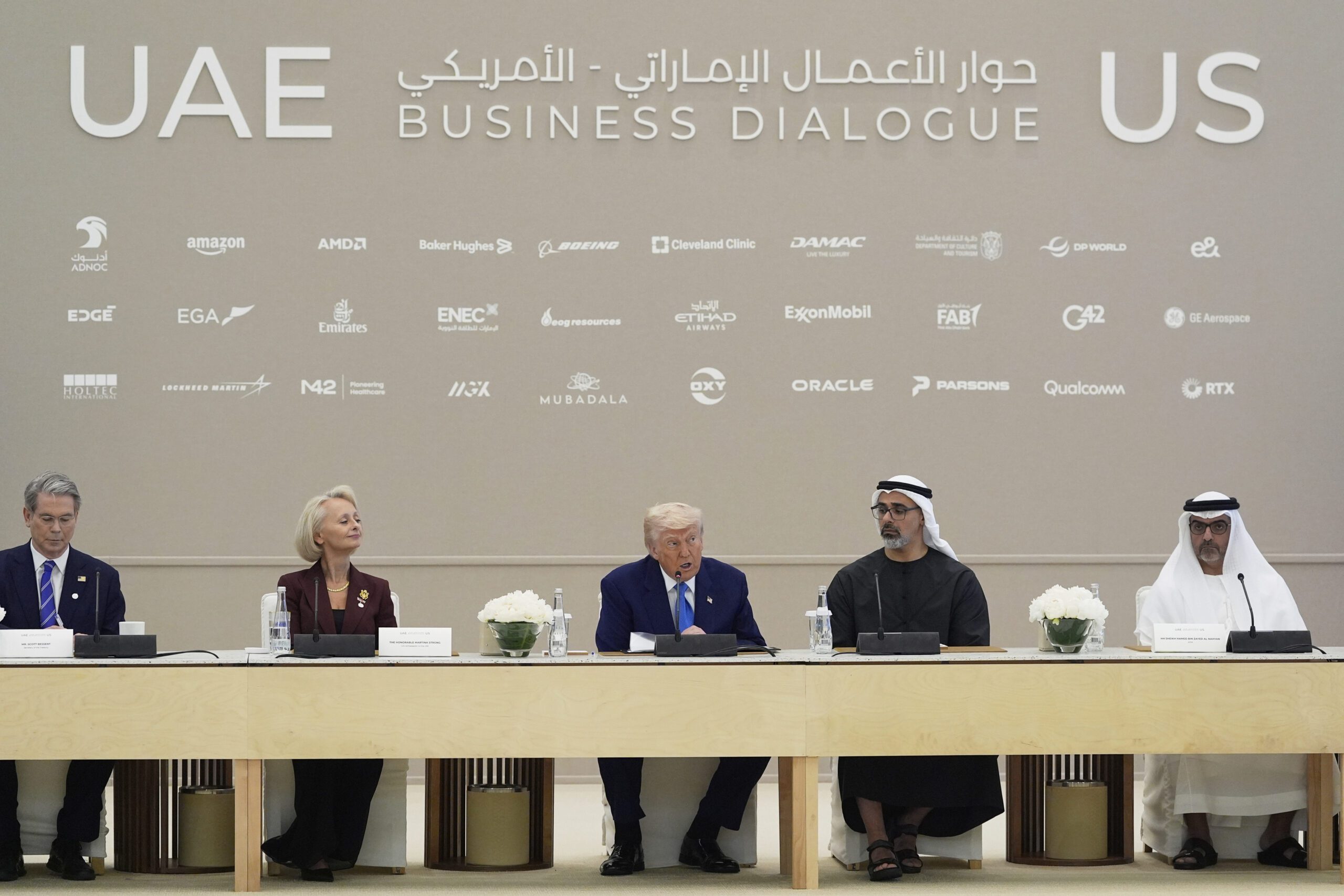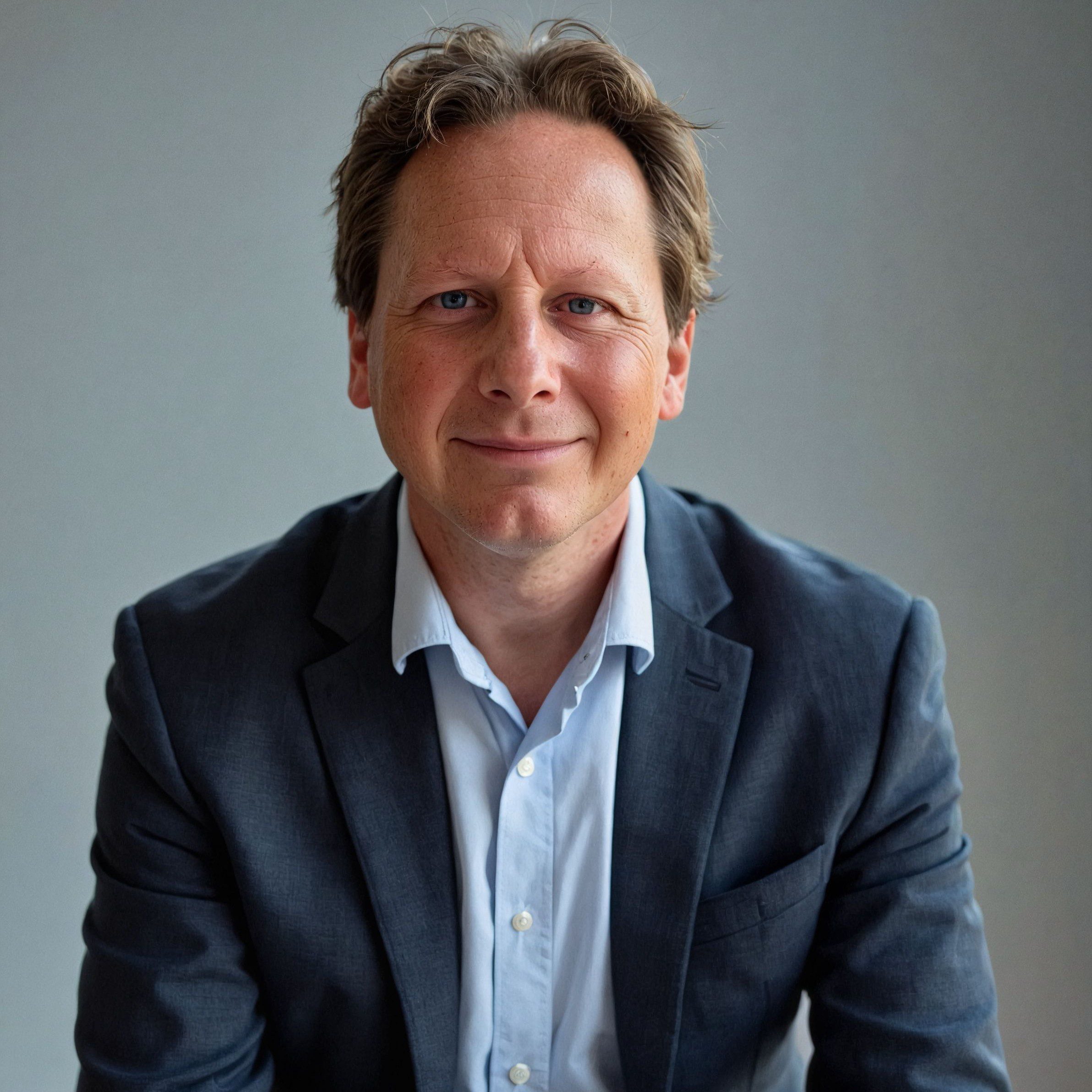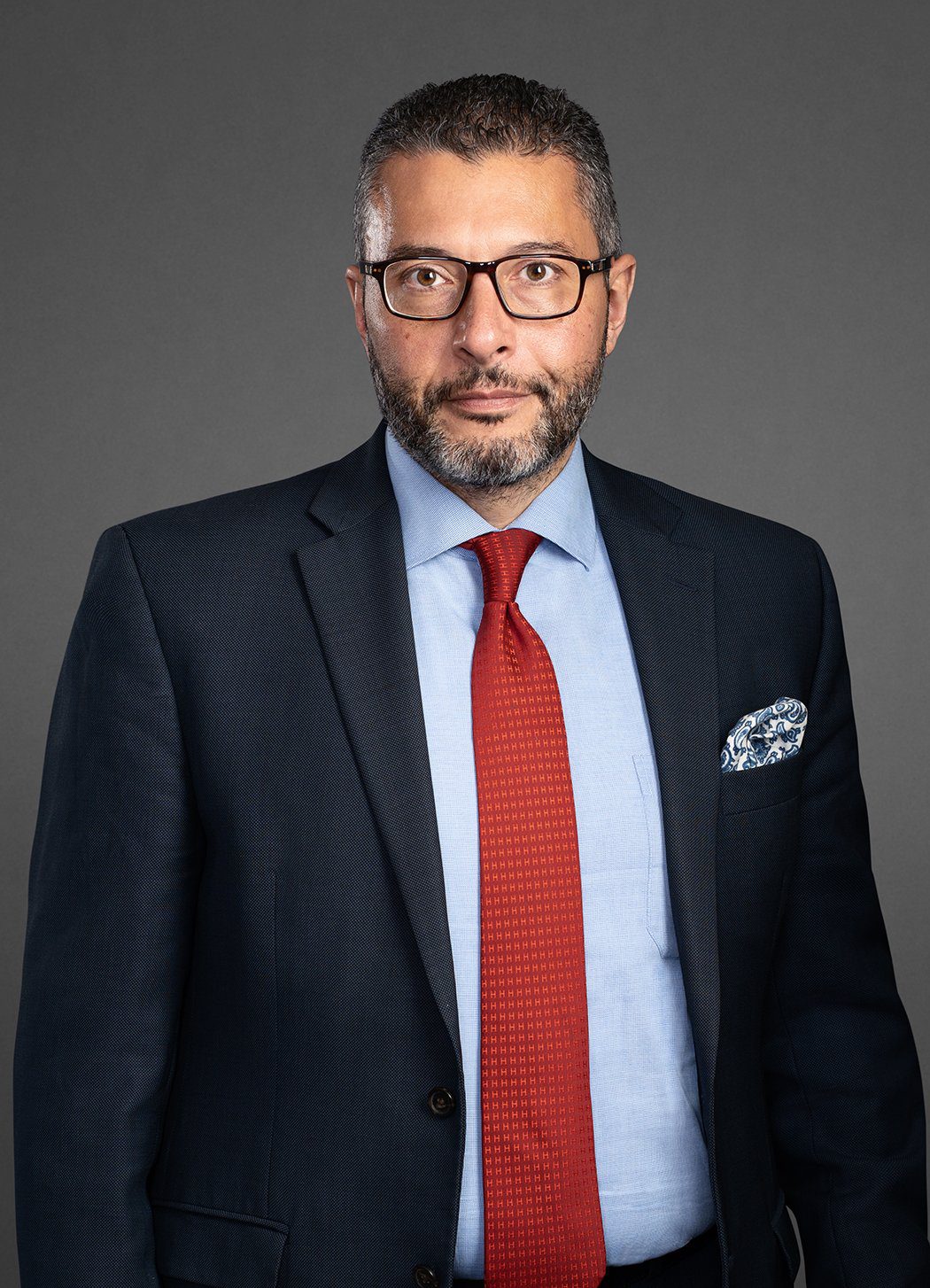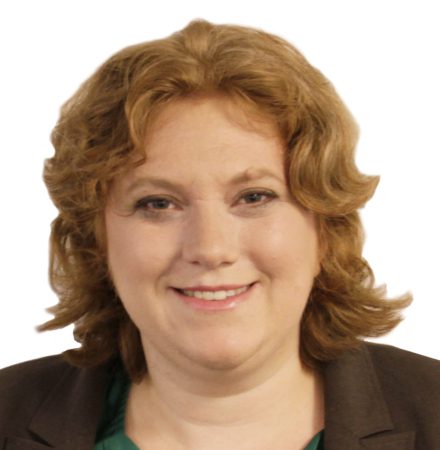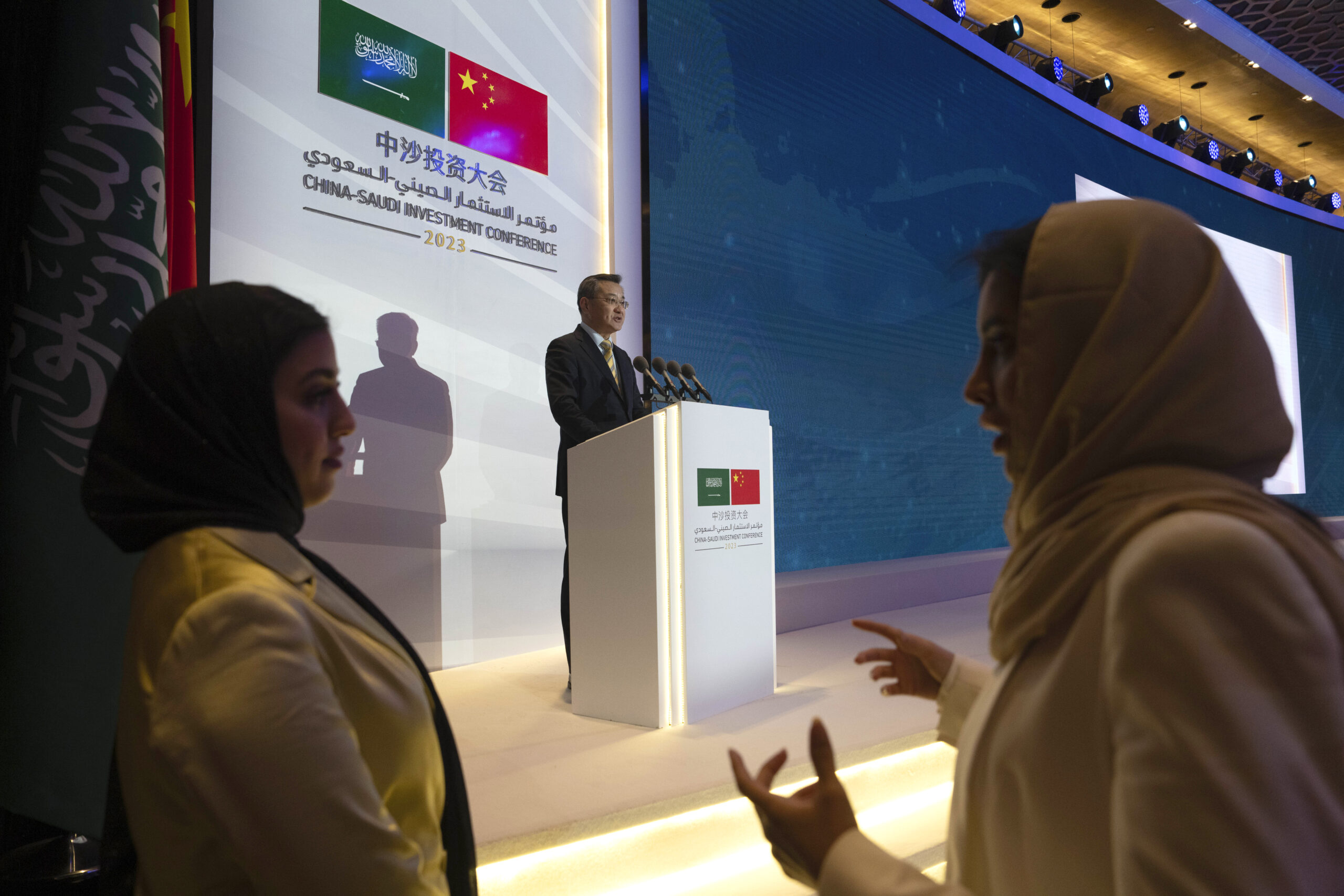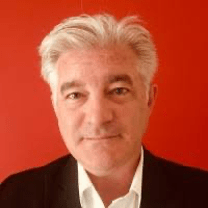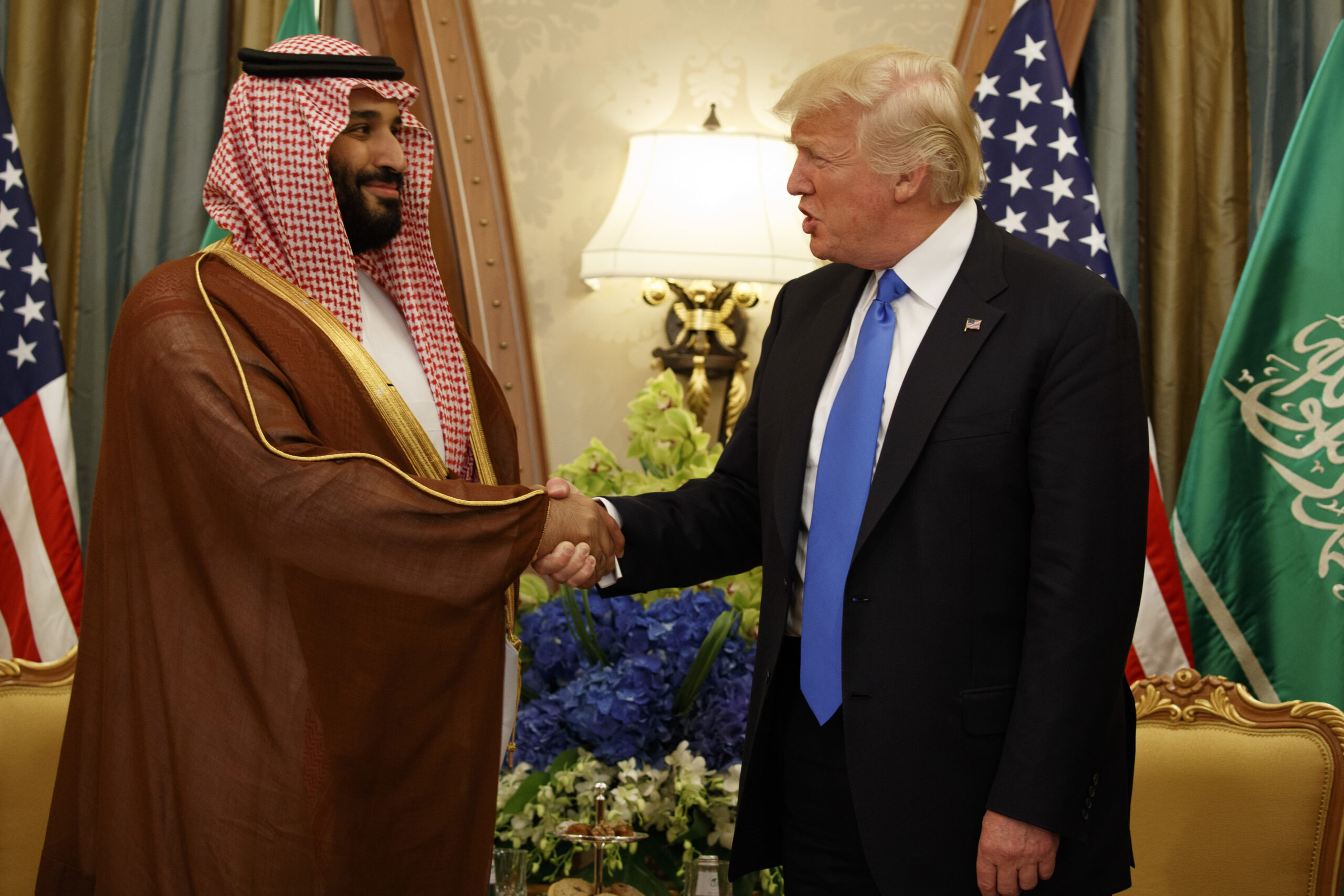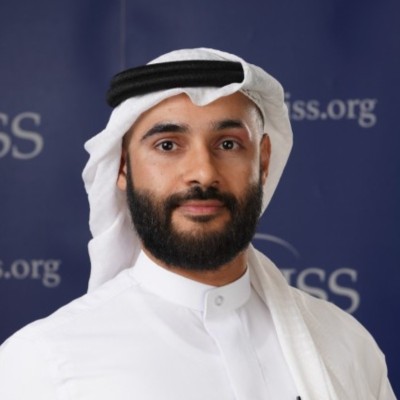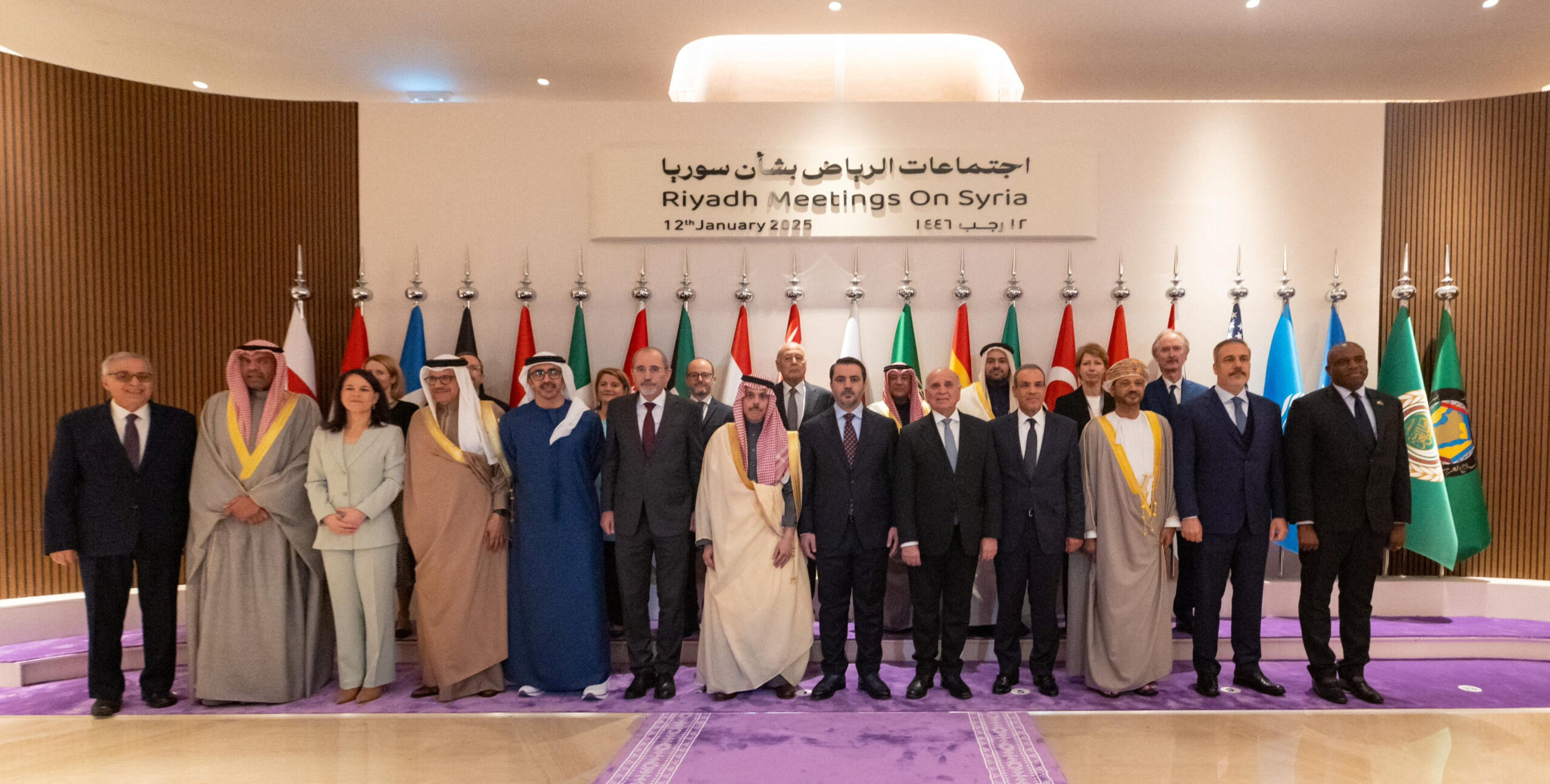Free to Game: Esports in the Gulf
Discussions over establishing an esports free zone in Dubai reflect the high-growth potential of competitive online gaming across the broader Gulf region.

Members of the Dubai Free Zone Council have discussed establishing a free zone dedicated to electronic sports, an organized form of competitive video gaming. The global video games market, of which esports constitutes a growing segment, generated an estimated $135 billion in 2018. A potential esports free zone signals not only the Dubai government’s support of a domestic esports industry but also the high-growth potential of competitive online gaming across the broader Gulf.
Free zones have long served as a bellwether for key economic activities in Dubai and the Gulf region. The Jebel Ali Free Zone is synonymous with logistics, for example, and Dubai Media City is the region’s premier media hub. The emirate’s newer free zones – CommerCity and EZDubai – have a heavy technology focus and cater to global e-commerce firms. The proposed esports free zone targets a new group of consumers: youth. The youth bulge, or the percentage of the population in Gulf Arab states under the age of 25, ranges from 25% in Qatar to 50% in Oman.
Young consumers in the Gulf states are hungry for video games and esports. The value of the video gaming market in the region grew from $693 million to $773 million between 2017 and 2019 – a growth rate of more than 10%. Gaming revenue in the United Arab Emirates alone reached an estimated $330 million in 2018, according to Emirati officials. Moreover, Emiratis who play video games spend a median of 14 hours per week doing so.
Dubai’s push to incorporate esports into economic development initiatives fits a broader trend of prioritizing innovative industries within the digital economy. The emirate launched a virtual business license in late 2019, and Dubai’s 50-year charter envisions a virtual commercial city capable of hosting 100,000 firms. Today’s virtual gamers may become tomorrow’s virtual entrepreneurs. On the other hand, the promotion of digital industries over traditional economic activities threatens to upset long-standing economic institutions in Dubai.
Dubai’s economy and its government revenue depend heavily on service provision to residents and foreign visitors. Video gaming and esports industries cater to remote service provision, permitting access to a large customer base but potentially limiting the in-country value associated with this form of economic activity. Economic policymakers must therefore strike a balance between developing the digital and in-person components of the nascent esports industry.
Ready Player Dubai
Dubai is actively positioning itself to become the Gulf region’s esports hub. The Government of Dubai Media Office and TECOM Group, a developer of special economic zones, are constructing Dubai X-Stadium, a dedicated esports stadium. The stadium “aims to attract millions of esports gamers, spectators, and enthusiasts from around the world and offering them unique online and in-person experiences,” according to a Dubai Media Office official.
The Girlgamer World Finals took place in Dubai’s Meydan free zone from February 19-22. Dubai 10X, a subsidiary of the Government of Dubai Media Office, supported the esports festival, which also included concerts, competitions, and special guest appearances. The organizers bundled a variety of entertainment activities around the esports event, reflecting the potential to derive additional revenue from different industry segments.
Other initiatives aim to strengthen Dubai’s esports credentials. At the end of October, the Dubai World Trade Centre plans to host an exhibition and conference on esports and gaming as well as an esports congress meeting. To expand commercial partnerships with esports companies beyond Dubai, the UAE Embassy in Washington, DC also launched a partnership with U.S.-based Monumental Sports & Entertainment, one of the largest integrated sports and entertainment companies in the world.
Saudi Gamer
Neighboring Gulf Arab states often look toward Dubai for economic policy inspiration. Saudi Arabia, in particular, sees economic potential in esports. In February, the Saudi government upgraded the General Sports Authority to a new sports ministry, with Abdulaziz bin Turki appointed the sports minister. The Saudi Arabian Federation for Electronic and Intellectual Sports is led by Prince Faisal bin Bandar bin Sultan. Created in 2017, the federation has announced a number of public-private partnerships to drive job creation and investment in this industry.
Esports festivals and events fall broadly under the category of local entertainment initiatives that Crown Prince Mohammed bin Salman has pushed to the forefront of his Vision 2030 agenda. Saudi Arabia possesses two major esports venues: Challenge Arena in Riyadh and Clix in Dammam. The Public Investment Fund’s program for 2018-20 cites “the development of the video game industry” as part of a media sector focus within Neom, the $500 billion futuristic megaproject-cum-free zone.
High-profile events in the Gulf states over the next two years are opportunities for each country to promote ongoing esports initiatives. Planners for Expo 2020 in Dubai, the G-20 summit in Riyadh, and the 2022 FIFA World Cup in Doha expect large influxes of visitors and significant media attention. The global coronavirus outbreak, however, threatens the viability of these events – especially those planned for 2020.
While many industries, especially those dependent upon the transnational flow of people and physical goods, are likely to be negatively impacted by coronavirus-related disruptions, esports can continue through remote competitions and live streaming. The UAE has closed schools and canceled sports to combat the spread of the coronavirus. Esports and other forms of video gaming, however, are unlikely to be turned off any time soon.
The views represented herein are the author's or speaker's own and do not necessarily reflect the views of AGSI, its staff, or its board of directors.

